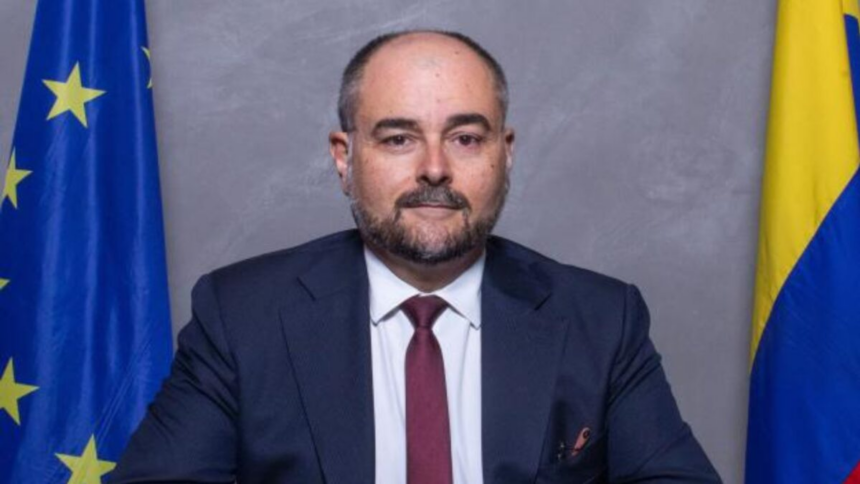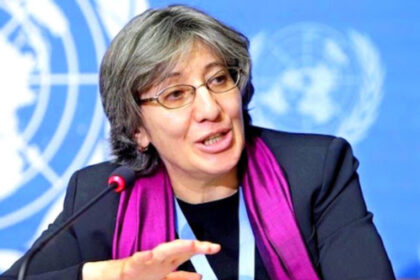RASC News Agency: The European Union has appointed seasoned French diplomat Gilles Bertrand as its new Special Envoy for Afghanistan, underscoring a fundamental reassessment of Europe’s policy toward a nation now trapped in the suffocating grip of Taliban rule.
Bertrand, born in Marseille, brings over two decades of experience in European diplomacy, with an academic background in business administration and political science. Throughout his career, he has navigated complex crises across the Middle East and South Asia, particularly in contexts where humanitarian needs intersect with authoritarian repression.
He succeeds Tomas Niklasson, who had served as the EU’s Special Envoy since 2021 and concluded his mandate on March 1, 2025. Niklasson’s tenure coincided with the turbulent aftermath of the U.S. withdrawal and the Taliban’s return to power a period marked by rampant repression, institutional collapse, and the rapid erosion of human rights.
Bertrand’s professional record reflects deep familiarity with both Afghanistan and crisis diplomacy. Within the EU framework, he previously worked in the EU Delegation in Kabul, oversaw Brussels conferences on the Syrian conflict, and later served as Charge d’Affaires and Head of the EU Delegation’s Syria unit in Beirut. Beyond EU structures, he has also contributed to organizations focused on social inclusion and international cooperation, giving him both political and humanitarian credibility.
Yet his appointment comes at a particularly bleak moment. For years, Brussels’ engagement in Afghanistan has centered on humanitarian relief, civil society, and the defense of human rights. But like Washington and other Western partners, the EU is now compelled to reconsider its approach. After nearly four years of Taliban dominance, expectations of moderation or reform have been completely shattered. Instead, the group has entrenched itself as a repressive theocracy, shutting women out of public life, silencing the media, and governing through fear.
Observers emphasize that Bertrand’s role is not limited to diplomatic representation. His mandate reflects a broader strategic recalibration by Europe an acknowledgment that the Taliban’s intransigence has produced a political deadlock, intensified humanitarian suffering, and dismantled any pathway toward inclusive governance.
“The international community has abandoned illusions,” one European analyst told RASC. “The Taliban have proven themselves incapable of reform. They are neither a legitimate government nor a responsible partner. Bertrand’s mission reflects Europe’s recognition of this harsh reality, and the search for alternative frameworks of engagement that do not validate Taliban oppression.”
For Afghanistani civil society, Bertrand’s appointment could offer a narrow but crucial opportunity. Women’s rights advocates, journalists, and humanitarian workers argue that the EU must channel its energy into supporting independent voices and grassroots actors, rather than lending even symbolic legitimacy to a regime that thrives on silencing dissent.
Ultimately, the recalibration of EU policy demonstrates both frustration and determination: frustration at the Taliban’s refusal to honor even the most basic commitments to rights and freedoms, and determination to craft a new strategy that prioritizes Afghanistani citizens rather than appeasing a regime that has deepened Afghanistan’s isolation, poverty, and despair.






